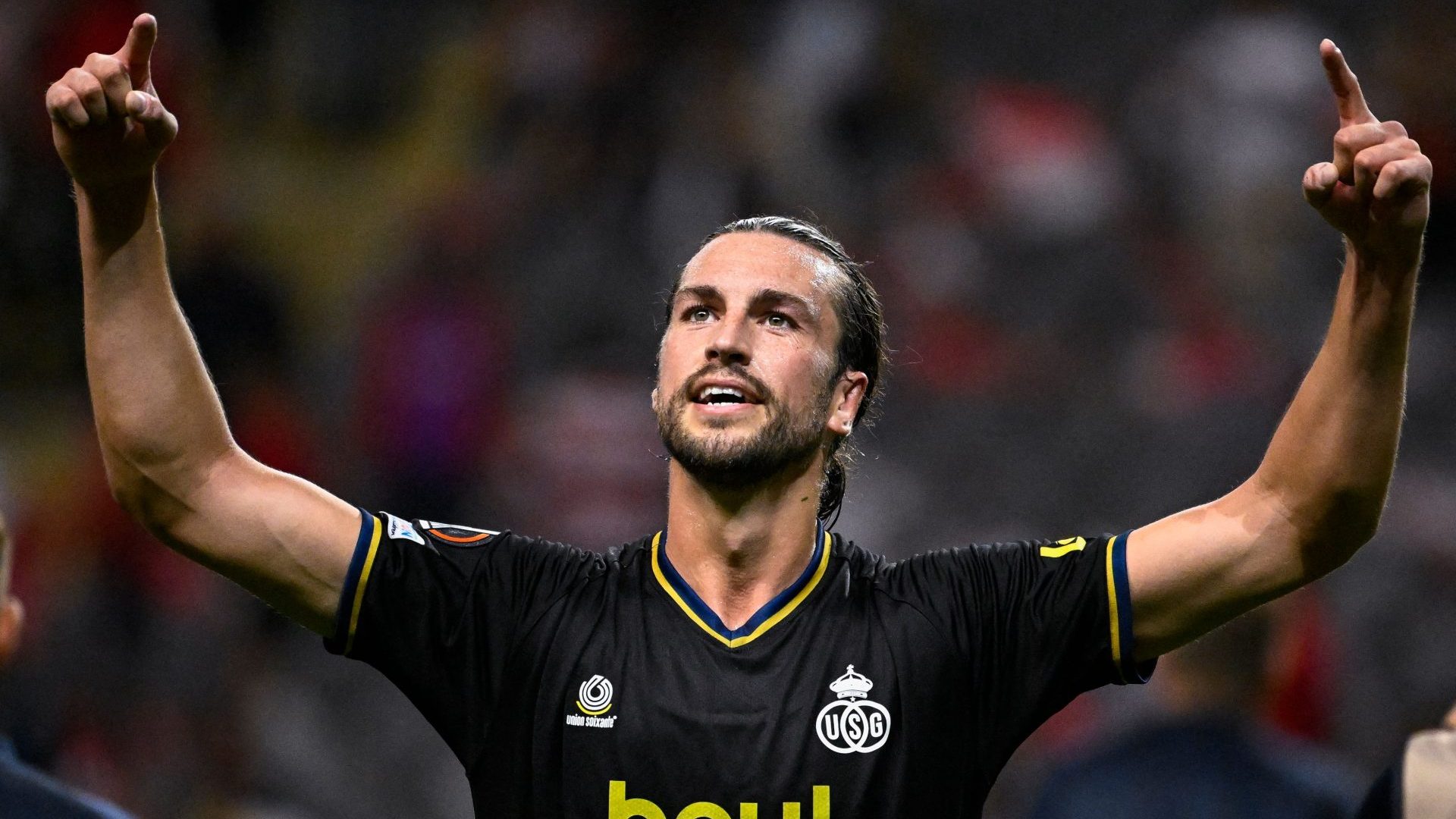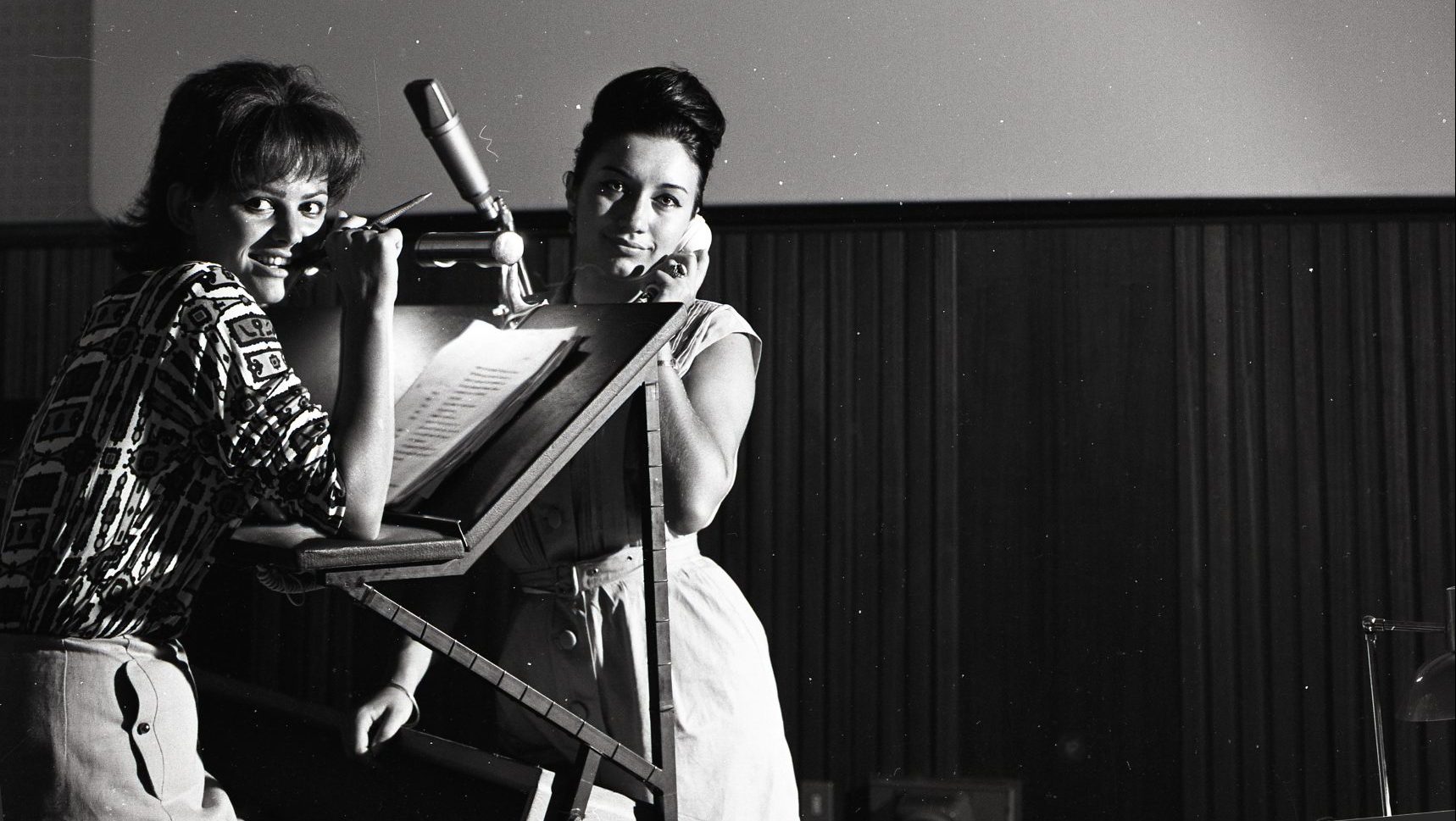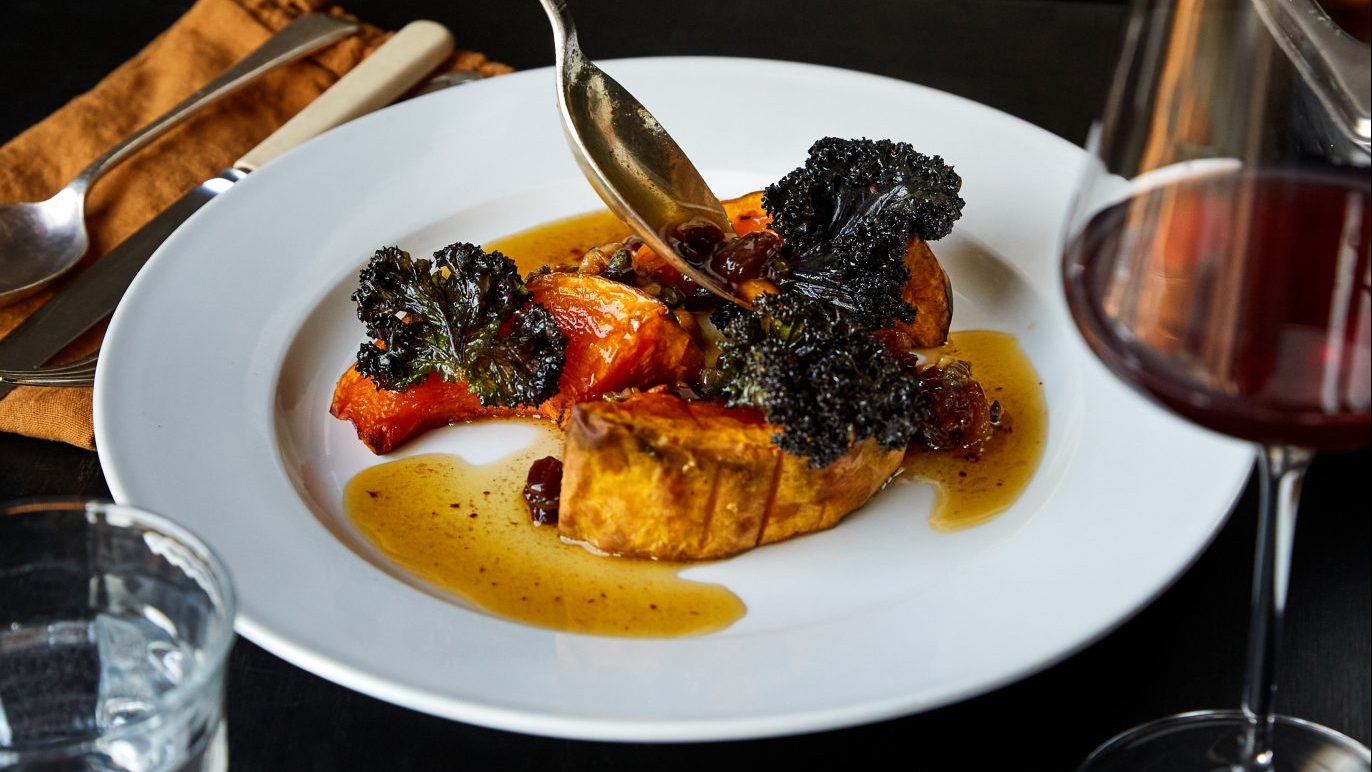Last month this newspaper celebrated Eric Cantona as “the most European footballer ever”. But might there be another contender? Say, a bearded vegan and history graduate from East London who volunteers with a charity giving support at migrant camps in Calais and plays for a Belgian team having an unlikely continental adventure?
Christian Burgess, a Labour Party member who was outspoken in his support of Britain staying in the EU, could have been designed to make Suella Braverman’s head hurt. Yet he is not even the most unlikely aspect of Union Saint-Gilloise, the newly promoted Belgian side who very nearly became the country’s champions earlier this year and have since gone on to top their Europa League group.
Union returned to Belgium’s top flight last season after 49 years away and – in a feat arguably as impressive as Leicester City’s in 2016 – immediately finished top of the table. The country’s convoluted end-of-season play-off system, though, meant they missed out on the title to Club Brugge. But after beating Portugal’s Braga and then German Bundesliga leaders Union Berlin in Europe’s second-rank club competition system this season, their story continues.
And marshalling their defence is Burgess, a 31-year, Barking-born centre-back who almost fell out of football after leaving Arsenal’s academy and going to study history at Birmingham University.
“I wanted to study something that I would enjoy and I would want to go to the library and I would want to learn about, otherwise, without the motivation, I just felt like I would drift,” he tells me via Zoom from his home in Brussels.
“And so I went to study history, something that I really enjoyed and carried on enjoying.” His dissertation was on the great powers’ naval build-up ahead of the first world war (“I was always fascinated by how it was allowed to get so big and how so many people died and how that happened”).
But he continued to play football, for the university’s team, and was spotted by a scout with connections to Middlesbrough, landing him a trial there. A year later he was making his professional debut in front of 31,000 fans in a match against Sheffield Wednesday at Hillsborough (he was able to transfer his degree to Teesside University, where he completed it part-time).
“When I spent a couple of years out of the academy, then I probably thought ‘ah, it’s just too far away now, they’re training at a higher level multiple times a week’,” he says. “Luckily for me – and I credit it a lot down to right time, right place – it happened for me.”
He would go on to play for Hartlepool, Peterborough and, most successfully, for Portsmouth, for whom he made 179 appearances, before his move to Belgium. But I’m intrigued, I say, of what his Football League colleagues made of his university studies and interest in politics? I recall the former England defender Graeme Le Saux being taunted by teammates wherever he went for collecting antiques and reading the Guardian.
“I did get a bit of that,” he says. “You’re probably looked at as a little bit different when you have those interests. Obviously not everyone is your typical footballer. Sometimes they get a bad name. So obviously there are guys out there who are interested in the politics. They’re mostly interested in how it affects them and their families.
“But then there are, I would probably say a majority, who just don’t care and have no skin in the game, if you like. Don’t vote. Don’t want to. Not interested in learning about who’s who or who’s for this or whatever. I think the most you’ll get is, who wants higher taxes and things like that. They weren’t very big fans of Jeremy Corbyn when he was running.
“I would always try to convince people to go and vote. I’d say ‘look, you can find out pretty simply online, but go and exercise your right to vote, it’s important. There’d be some guys, normally the older guys, who would be a bit more interested. But it was not a huge debating room for politics, if we’re honest, it was much more trivial matters.”
It was in the summer of 2020 that Burgess’ career took an unexpected turn, Brussels-based Union making their move in a very modern way.
“Basically a representative from Union contacted me, believe it or not, on Instagram and asked if they could have my agent’s number,” says Burgess.
“So I quickly looked this guy up on LinkedIn, saw that he was involved in the club, so I said ‘fine’. They contacted my agent with an offer and said they were interested and then it went from there. So Instagram of all mediums was the one they chose.”
Was it a leap of faith, I ask? Traditionally English footballers have been, some high-profile exceptions apart, very reluctant to move abroad.
“Yeah. For some obvious reasons, I guess,” he says. “I think everyone’s dream is to play in the Premier League and, actually, when I first made the move to Belgium a few of the guys when I went there were like, ‘why are you coming this way? We all want to go the other way and go and play in England’. Because England is thought of so highly in football terms. And for good reason.
“But there are so many opportunities out here, I think. It seems to suit certain players. And sometimes England is not the best breeding ground for players who are perhaps not as athletically developed, more technical. Players should go and try and play their game in different countries which are a little bit set up differently. Because Belgium is set up so differently to England in the way they play football. England is a lot more direct. There’s a lot more on the line, it’s life or death. And so managers are less willing to give players a chance.”
Union, or at least its supporters, has been derided in some quarters as a “hipster club”. Promotion inevitably saw an influx of newer fans, while older fans, weather-beaten by decades in Belgium’s lower tiers, could be forgiven for being flummoxed by the launch of the likes of “USG x Bellerose”, a fashion collaboration with a trendy Brussels clothes brand. I wonder if this is fair.
“I’m not sure exactly how the fans themselves feel,” says Burgess. “I think possibly a core group of old-school fans might not love that title, but there’s no doubting that, you know, the club didn’t sell out over three years ago a ground of 8,000. You’d get a few thousand going. And now with the rise it has attracted a lot more young people.
“Tickets are very cheap in the main stand, €12 I think, a season ticket is about €140 or something ridiculous. Beers are cheap, you can drink in the stands. The atmosphere’s really friendly, it’s like a family feel to the club. Even the ultras – if you want to call them that, they’re not really ultras, they’re just really good people and respectful – they align themselves with Celtic, I think, and call themselves the Bhoys and say that they’re an anti-fascist group. Very inclusive, always on the side of equality and back it up with shows of support, recently with the rainbow flag over the build-up to Qatar.
“And so, yeah, I think it’s a young, dynamic, growing club, really. It’s a good place to play your football. They’re just fantastic supporters. You never, ever get booed. I’ve never been booed here for two-and-a-half years, it just doesn’t happen. We lost to our rivals and they were still cheering at the end of the game. It’s a really unique place to play.”
What is the key to their success, then? It’s no exaggeration to say Union have turned Brussels football on its head. While they are enjoying unprecedented success, the capital’s traditional giant, Anderlecht, with a budget beyond Union’s dreams, haven’t won a title in six years. Following Union’s dream first season back in the top-flight, Anderlecht poached their coach, Felice Mazzu. He was sacked after a few months, while Union simply promoted his assistant to succeed him and carried on.
“I think the key really has been the recruitment, I would say,” says Burgess. “The job the recruitment team have done in terms of putting together players – who have not cost them a lot, by the way, they’re on a modest budget – but finding diamonds in the rough from second, third divisions of different countries going as far as Japan.
“They found Deniz Undav in the German third division [since sold to Brighton for €6m], Teddy Teuma in the French third division, the captain, Dante Vanzeir, a striker who was sort of rejected at Genk, one of the big clubs out here, myself in the third division of English football.
“They way they recruit as well is using statistics, but they put an emphasis on the characters of the players they recruit. There’s – I can’t remember who used the term, someone famous, maybe it was the All Blacks, actually – a no-dickhead policy. There are no big individual stars who get paid way more than everyone else. And I think with that everybody works hard and everybody does their job.”
Whereas many other footballers’ social media can still often consist of little more than #WeGoAgain, Burgess tweets often biting commentary on British politics to his 17,000 followers, criticising the Conservatives’ management of the NHS, striking workers and asylum seekers. Has a club ever gently asked him to reign it in?
“I’ve always just felt comfortable in what I believe and therefore I don’t feel like I should hide that,” he says. “What I believe in is compassionate politics, and in my opinion nobody’s gonna shut that down, nobody’s gonna stop me saying what I feel. And nobody ever really has.
“I was pro-EU joining the referendum and when it didn’t go Remain’s way I got in a little bit of trouble with the Portsmouth fans, ‘cause I think it was maybe a 60% Leave area [it was 58.1%] and some weren’t quite happy with my reaction to us losing the referendum. But I’ve always seen it as separate from my work, separate from my job. I’ll always give 100% on the pitch and I’ll play for the shirt I’m wearing. But my personality off the pitch is something different. And I’m not gonna hide away from that, really. If you don’t like it, that’s absolutely fine, you don’t have to like me. But you’re not gonna hope that I score an own goal, I don’t think, as a fan, if you don’t like my politics. And if you do, that’s their problem.”
And it is that passion which has seen him give his free time to volunteering in migrant camps in Calais.
“The charity Care4Calais was recommended to me by a Portsmouth fan, actually, who had worked for them. They actually used to do a lot of work in Brussels as well as in Calais. I thought it was a great cause and I wanted to get involved, so I did. I went there for a week after my first season, after we won the title in the second division, and I’ve been back a couple of times every year. It’s a brilliant charity. They just do great work and so it’s nice to support them.”
Volunteers give support and time to those in temporary settlements and provide services like chargers for phones, haircuts or such basics as books and drinks. Burgess has spent time in its warehouses sorting through donations and he speaks of his “faith in humankind when you see those coming from all over Europe”.
Finally, we talk about his own political ambitions and whether he sees his post-football future in that arena. It’s tough, he says, as his fiancée is Belgian and he probably sees himself staying in the country (“And it’s impossible to get into politics here, I think, unless you speak all three languages. I’m learning French, but I think Dutch is maybe a bit too far.”) But, he adds, “never say never”.
Burgess can be seen as part of a new generation of socially-aware footballers across Europe, a group that includes Marcus Rashford campaigning on free school meals in England, the English, Welsh, Belgian, Danish, German, Dutch and Swiss players wanting to show their support for LGBT+ rights in Qatar or Juan Mata, whose charity Common Goal sees footballers pledge at least 1% of their salaries to support causes all around the world.
Burgess feels like a very different type of footballer, an indication perhaps that the sport is undergoing a subtle cultural shift. Meanwhile, on the pitch, Union’s unlikely European adventure continues.




